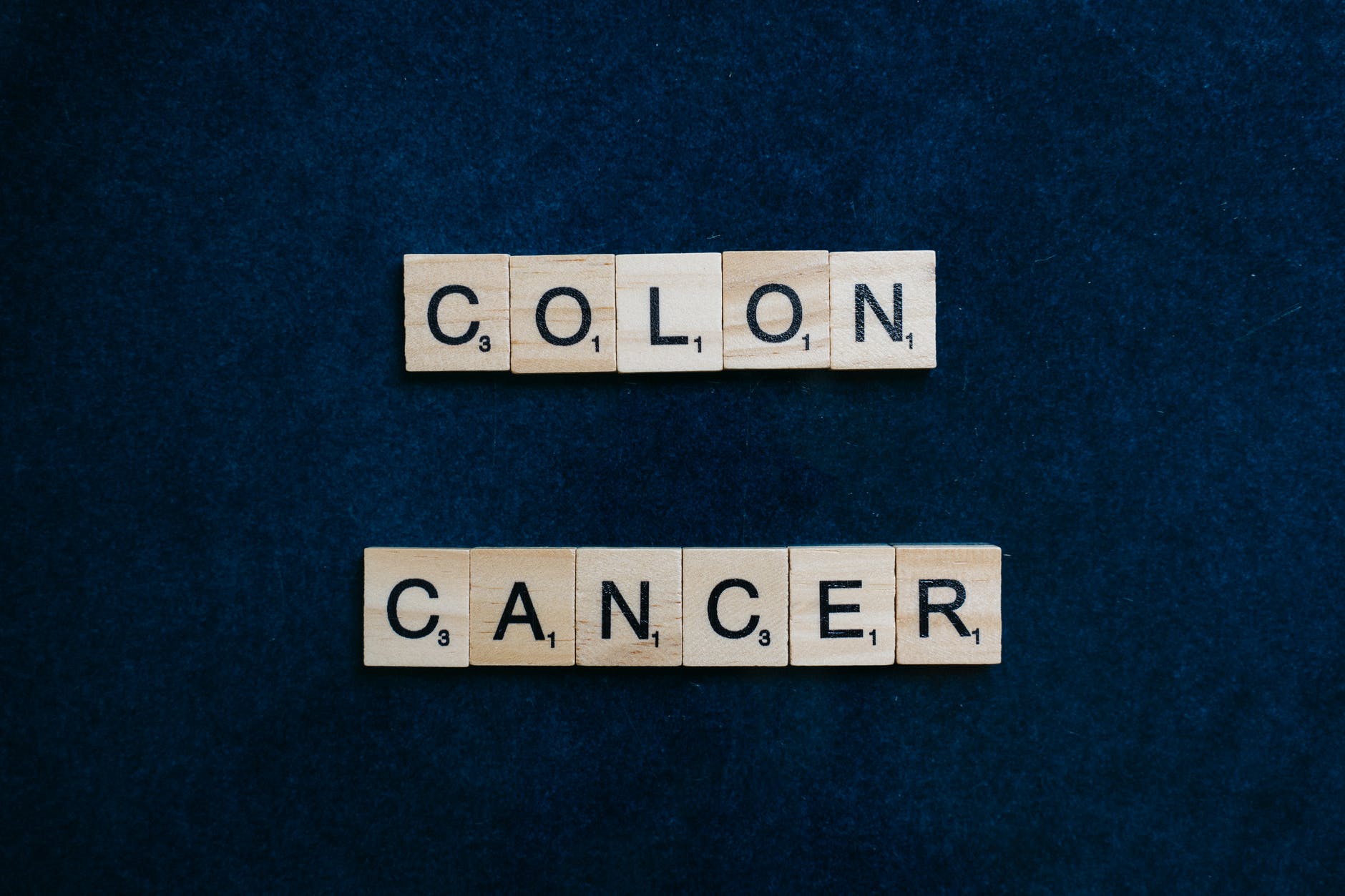![]()
In today’s fast-paced world, taking care of our health often takes a backseat to our hectic schedules. However, when it comes to preventing serious illnesses like colon cancer, it’s crucial not to neglect routine screenings. Colon cancer is one of the most common cancers worldwide, but with early detection, it’s highly treatable. So, how can you take the hassle out of colon cancer checks? Let’s explore some simple steps to streamline the process and prioritize your well-being.
- Know the Importance of Screening: Understanding the significance of colon cancer screening is the first step towards proactive health management. Regular screenings can detect precancerous growths or early-stage cancer when treatment is most effective. By staying informed, you empower yourself to make informed decisions about your health.
- Talk to Your Doctor: Your healthcare provider is your ally in the fight against colon cancer. Schedule a consultation to discuss your risk factors, family history, and the most suitable screening options for you. Whether it’s a colonoscopy, fecal occult blood test, or stool DNA test, your doctor will guide you in choosing the best approach based on your individual needs.
- Understand Screening Options: Colon cancer screening methods have evolved, offering more choices to cater to different preferences and lifestyles. While a colonoscopy is considered the gold standard for detection, non-invasive options like stool-based tests provide convenient alternatives for those who are hesitant about invasive procedures. By understanding the pros and cons of each method, you can make an informed decision that aligns with your preferences and comfort level.
- Follow Screening Guidelines: Stay up-to-date with recommended screening guidelines based on your age, family history, and risk factors. For most individuals, regular screenings should begin at age 45, but earlier screenings may be advised for those with a family history of colon cancer or other predisposing factors. Adhering to these guidelines ensures timely detection and intervention, reducing the risk of advanced-stage cancer.
- Lifestyle Modifications: While screenings are essential, adopting a healthy lifestyle can also lower your risk of developing colon cancer. Incorporate a balanced diet rich in fruits, vegetables, and whole grains while limiting red and processed meats. Engage in regular exercise, maintain a healthy weight, and avoid smoking and excessive alcohol consumption. These lifestyle modifications not only promote overall well-being but also contribute to cancer prevention.
- Stay Informed: Keep yourself updated on the latest advancements in colon cancer research and screening technologies. With ongoing research, new screening methods and treatment options continue to emerge, offering improved accuracy and patient experience. By staying informed, you can advocate for the most effective and least invasive screening approach available.
- Overcome Barriers: Addressing common barriers to colon cancer screening, such as fear, embarrassment, or lack of awareness, is crucial in promoting widespread participation. Openly discussing concerns with your healthcare provider, seeking support from loved ones, and participating in community outreach programs can help overcome these obstacles and encourage proactive health behavior.
Taking the hassle out of colon cancer checks requires a proactive approach to prioritizing your health. By understanding the importance of screening, consulting with your doctor, and staying informed about available options, you can take control of your well-being and reduce the burden of colon cancer. Remember, early detection saves lives, so don’t delay – schedule your screening today and safeguard your future health.



